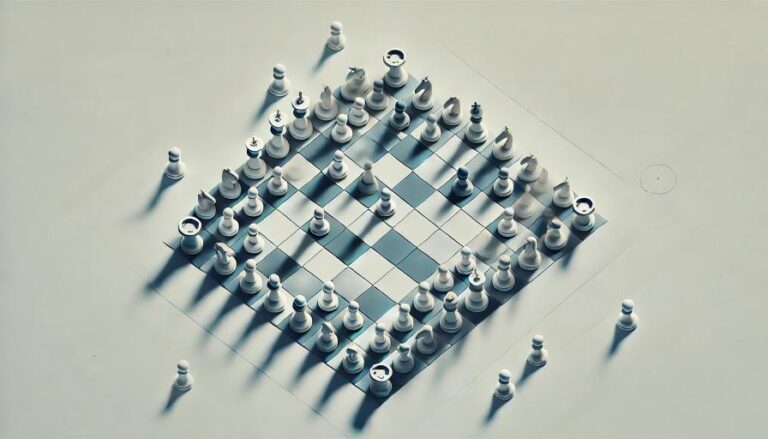Introduction
Designing a chess study plan is essential for anyone who wants to improve their skills and become a better player. Chess is a game that requires a combination of strategic thinking, critical analysis, and constant practice. Without a proper study plan, it can be challenging to make progress and reach your full potential as a player. In this article, we will discuss the key components of designing a chess study plan that works and helps you achieve your goals.
Section 1: Assess Your Current Skills and Knowledge
Before creating a study plan, it´s vital to assess your current level of chess knowledge and skills. This step will help you understand where you stand and what areas you need to focus on to improve. You can do this by playing against other players, solving chess puzzles, or even taking online tests. Once you have a clear understanding of your strengths and weaknesses, you can move on to the next section.
Section 2: Set Realistic Goals
Setting realistic goals is crucial for any study plan to be effective. It´s essential to have a clear idea of what you want to achieve and in what time frame. Your goals should be specific, measurable, achievable, relevant, and time-bound (SMART). For example, instead of setting a vague goal like “I want to become a better chess player,” you can set a SMART goal like “I want to improve my endgame skills by the next three months.”
Section 3: Create a Schedule
Once you have set your goals, the next step is to create a schedule that fits your needs and lifestyle. Having a schedule will help you stay organized and on track with your study plan. Start by prioritizing the areas that need the most improvement based on your assessment. Then divide your schedule into different sections, such as opening theory, middle game strategies, and endgame techniques. Make sure to include breaks and rest days to avoid burnout.
Section 4: Utilize Various Resources
There are many resources available for chess players to learn and improve their skills. You can make use of books, online tutorials, chess databases, and even seek guidance from experienced players. It´s crucial to have a variety of resources rather than relying on just one. This way, you can get a well-rounded understanding of different concepts and techniques.
Section 5: Practice and Review
Practice makes perfect, and this is especially true for chess. Set aside time in your schedule for playing games, whether it´s against opponents or computer programs. As you progress and learn new concepts, make sure to review them regularly to ingrain them in your memory. It´s also essential to analyze your games and learn from your mistakes.
Conclusion
In conclusion, designing a chess study plan that works requires assessing your current skills, setting realistic goals, creating a schedule, utilizing various resources, and continuously practicing and reviewing. Remember to be patient and consistent with your study plan, as it takes time and effort to see significant improvements in your chess skills. With a well-designed study plan and dedication, you can achieve your goals and become a better chess player.


